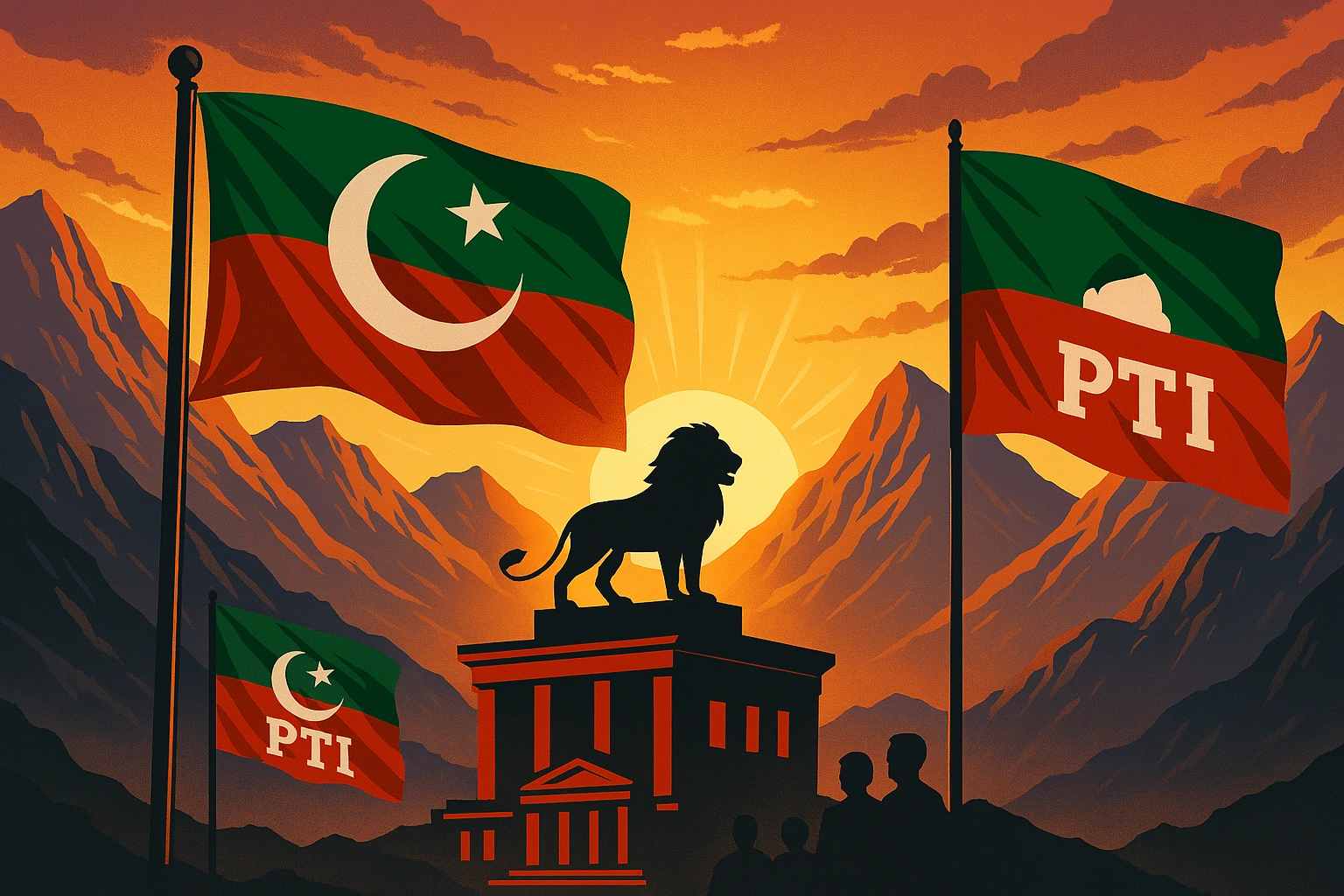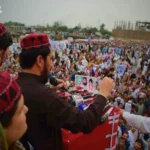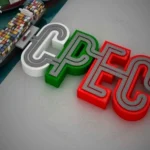The political landscape in Khyber Pakhtunkhwa (KP) is undergoing renewed turbulence following a recent court decision regarding special seats, which has altered the balance of power in the provincial assembly. According to the information made public after the verdict, the ruling coalition at the federal level is seriously considering a political move to replace the PTI-led government in KP. The potential shift is being driven by two main factors: a notable increase in the strength of opposition parties in the provincial assembly and a widespread public perception that the current provincial administration has failed to deliver on basic governance promises, especially in terms of law and order.
Increasing Strength of the Opposition
The court’s decision has had a direct and substantial impact on the numerical composition of the KP Assembly. Special seats that were once considered PTI’s stronghold are now shifting toward the opposition. This reshuffling has strengthened the hand of those who seek to challenge PTI’s dominance in the province. As a result, for the first time in years, opposition parties feel empowered and confident that they can influence or even form a new government if the opportunity arises.
The federal government has been closely monitoring these developments. Prime Minister Shehbaz Sharif held important discussions with KP Governor Faisal Karim Kundi and Awami National Party (ANP) President Aimal Wali Khan. According to the Governor’s spokesperson, the Prime Minister assigned Mr. Kundi the task of consulting with opposition members in the provincial assembly to assess the possibility of forming a new government.
The Debate Over Intervention
However, the conversation about a government change is not without its detractors, even within the ruling coalition. Aimal Wali Khan expressed his concerns during the meeting with the Prime Minister. He strongly advised against any direct intervention to unseat the current KP government, led by Chief Minister Ali Amin Gandapur. According to Aimal Wali, such a move would ultimately benefit Gandapur, as it would allow him to deflect blame for his administration’s failures onto external forces.
Aimal Wali stressed that the current government in KP is already on a path of self-destruction due to its misgovernance, corruption, and inability to maintain law and order. “Let the KP government die its own death,” he reportedly told the Prime Minister. In his view, allowing Gandapur to complete his political collapse without interference would help ensure that the public clearly understands where the responsibility lies. The Prime Minister is said to have agreed with this logic, acknowledging that the federal government is still suffering from the backlash of previous decisions to dislodge elected governments. “So don’t make that mistake now,” the Prime Minister reportedly remarked.
A Defiant Response from the PTI Government
Chief Minister Gandapur, for his part, has responded defiantly to the speculation about a change in government. In a fiery press conference, he declared that the PTI government in KP could not be toppled through constitutional means. His statement reflects a growing tension between the Centre and the province, which could have serious implications for national political harmony.
Gandapur’s stance indicates that PTI will not go quietly and is prepared to resist any efforts to dislodge it from power, whether through constitutional manoeuvres or political alliances. This defiance underscores the increasingly confrontational nature of Pakistani politics, where even legal or parliamentary measures are often viewed through the lens of political persecution.
Governance and Public Dissatisfaction
At the core of this political drama is the ongoing failure of governance in KP. Despite being in power for more than two decades in one form or another, PTI has struggled to translate its promises into reality. The public’s frustration is growing, particularly in areas related to public safety, service delivery, and economic development.
The perception that the government has failed to protect the lives and property of the people is particularly damaging. Rampant crime, delayed justice, and administrative inefficiency have all contributed to a decline in public confidence. This is especially disappointing for a party that came to power on promises of reform and good governance.
The Case for Patience and Performance
Given these factors, the most responsible course for the federal government appears to be restraint. Any direct attempt to dislodge the KP government would likely fuel PTI’s narrative of victimhood and could provoke instability. As Aimal Wali Khan rightly pointed out, a government that is already collapsing under its own weight should be left to face the consequences of its actions.
Letting the KP government stand or fall based on its performance may not only avoid unnecessary political conflict but also reaffirm democratic principles. The people of KP, like citizens anywhere, deserve the chance to hold their leaders accountable through elections and public scrutiny, not through backroom deals or power plays.
Focusing on National Stability
At a time when Pakistan is grappling with economic challenges and regional security concerns, the federal government’s priority should be to ensure stability. Economic reforms, improved governance, and better centre-province coordination are far more urgent than shifting the balance of power in KP.
The fate of the KP government should rest with its performance and the will of the people. Political engineering, even when legally permissible, often creates more problems than it solves. The ruling coalition should focus on strengthening democratic institutions, boosting public welfare, and creating a governance model that earns public trust, rather than chasing temporary political victories.








